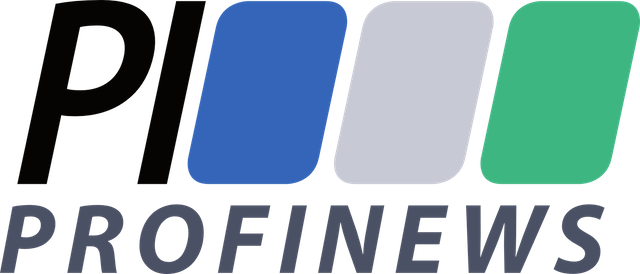Digitalization and Industry 4.0 are becoming increasingly tangible. PROFIBUS & PROFINET International (PI) is making an active contribution in this area and is committed to comprehensive and practicable standardization of industrial communication, which is continuously evolving in line with progress in implementation, but also with the technologies used.
The second maintenance update of the PROFINET V2.4 specification with current extensions to TSN and security and the associated additional guidelines and tools have now been successfully completed by the members in the various PROFINET Working Groups.
IEC/IEEE 60802
Thanks to the dedicated collaboration with other fieldbus organizations coordinated via IEC/IEEE 60802, the definitions created there were able to be adopted directly in the PROFINET specification. For example, the device model for end stations and bridges of the current edition of IEEE802.1Q, the requirements from the NetConf/YANG configuration model, and the IETF security configuration model, are all included.
Furthermore, experience from the Ethernet-APL or SPE environment in regard to link speed transitions has been incorporated, which can, however, be applied to all possible transitions from 10 Mbps to 10 Gbps – another step intended to make PROFINET an optimal system for process automation, with Ethernet-APL as well.
Security Classes
As the definitions for Security Class I have been included since the last specification edition, the topic of certificate management for Security Classes II and III was a common objective of the PROFINET and Security Working Group for this version. Since this topic has far-reaching implications for users, accompanying coordination with customers was a matter of course.
In addition, improvements and additions from the various ongoing implementations have also been incorporated, as well as formal aspects such as a new IEC Style Guide. In parallel, enhanced GSDML guidelines for a more readable representation are now part of this overall package.
The parallel development of the test system for PROFINET certification is also vital for technology and device manufacturers. This development is made available to the PI community on a quarterly basis in the form of so-called TRIAL bundles with a specific focus on new technologies. The incremental approach and regular consideration of timely feedback supports continuous and agile development of the system.
Today, this bundle of results once again shows the concrete steps taken by the committed PI community for future-proof industrial communication with PROFINET.
